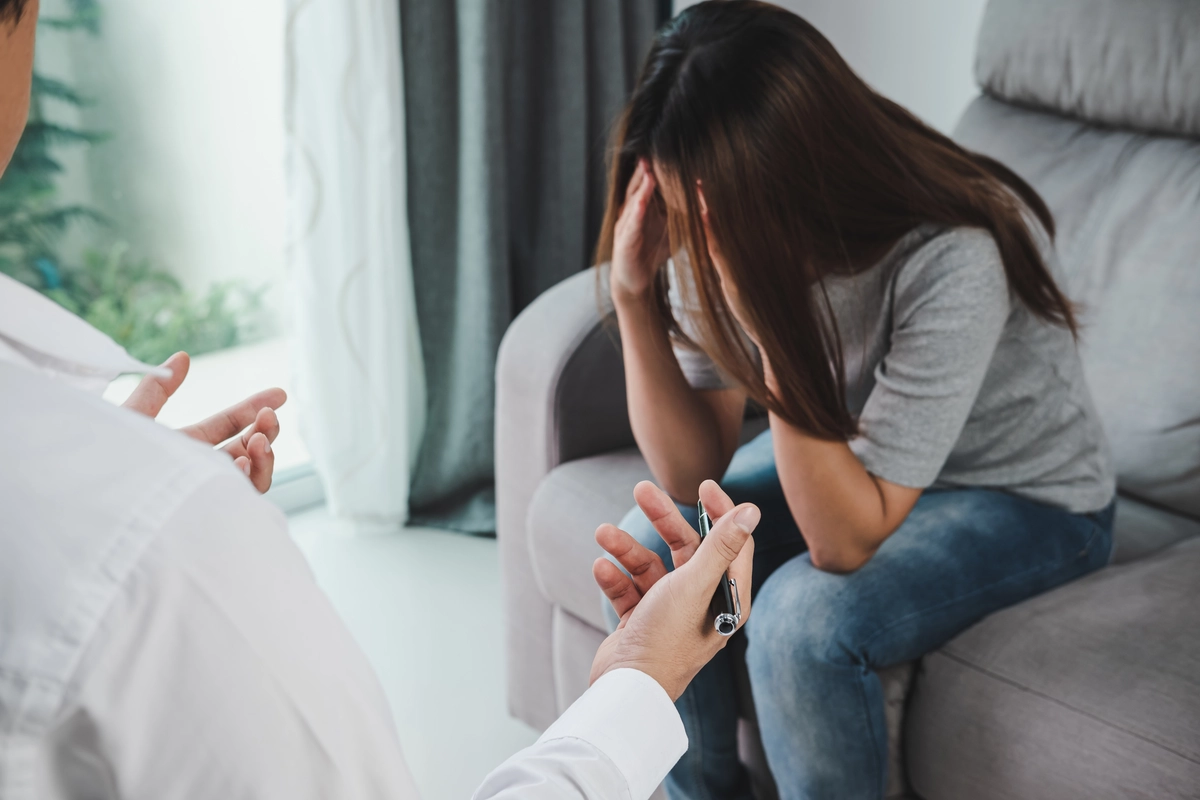24/7 Helpline:
(866) 899-221924/7 Helpline:
(866) 899-2219
Learn more about Heroin Detox centers in Union County
Heroin Detox in Other Counties

Other Insurance Options

Premera

Group Health Incorporated

Coventry Health Care

Absolute Total Care

Optum

UMR

Excellus

Multiplan

ComPsych

Humana

United Health Care

Covered California

Regence

WellCare Health Plans

Sutter

Amerigroup

WellPoint

Oxford

BlueShield

BHS | Behavioral Health Systems

Oxford Treatment Center
Oxford Treatment Center, in Etta, Mississippi, is a luxury, 12 step focused drug and alcohol rehab f...










































